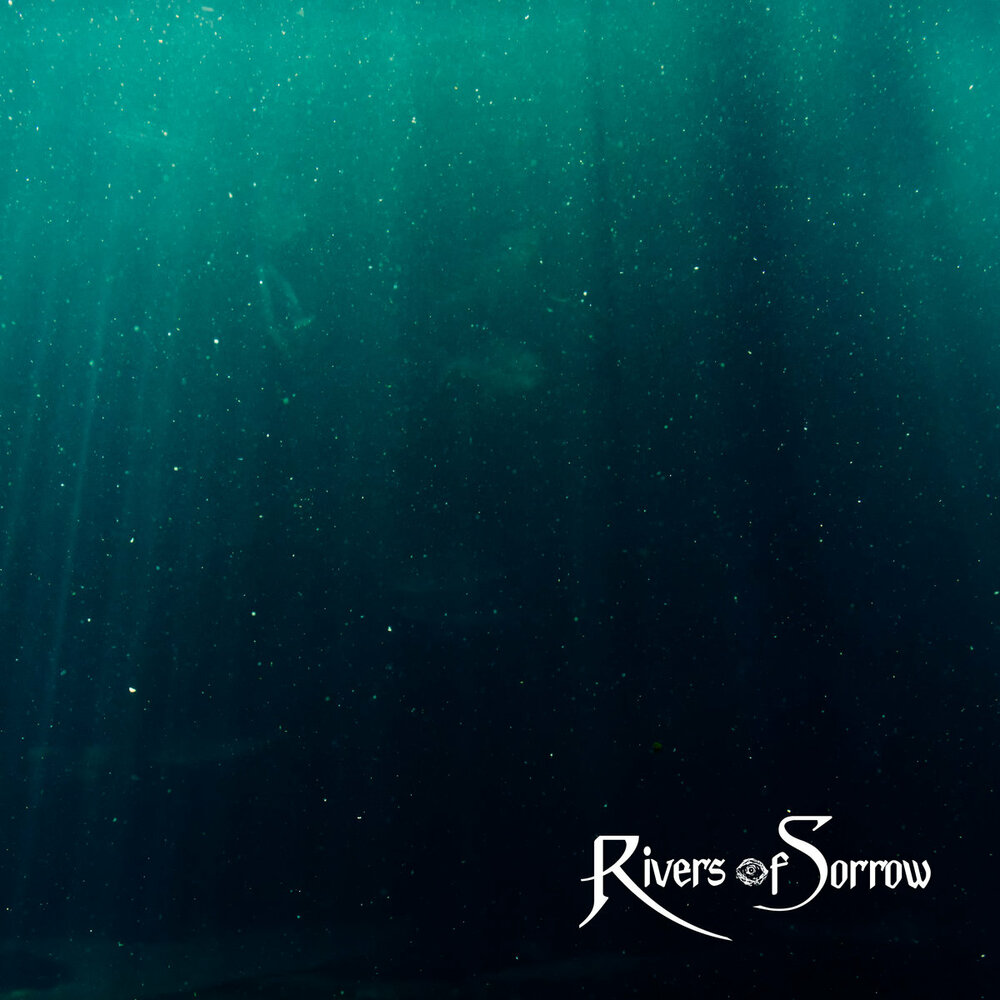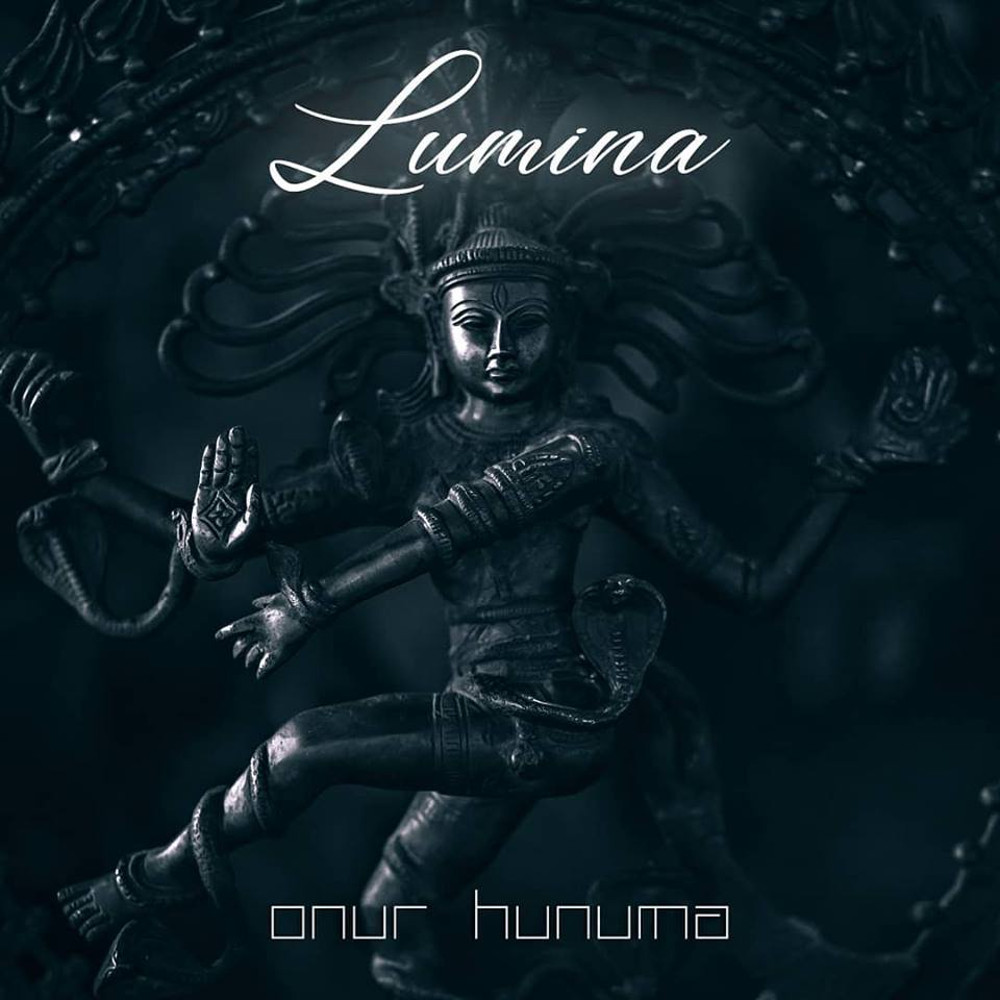 |
Country: Turkey
Style: Symphonic Black Metal
Rating: 7/10
Release Date: 25 Aug 2024
Sites: Bandcamp | Facebook | Instagram | Metal Archives | YouTube
Amras Numenesse isn't only a band, it's also the name of its only member, who provides the vocals and all the instrumentation, though the soaring female vocals within the orchestration suggests a use of guests or samples. Amras is a very busy man, having knocked out no fewer than a dozen new albums since 2018, but oddly none before that going back to 1997 when Metal Archives credits this project as being founded. Maybe that's when he was born. Judging from photos on Facebook, he's bolstered by other musicians on stage, but I believe it's just him in the studio.
Death of Innocence is his second for 2024, after Cyclical Process in January, and it's far better than I might expect for such prolificity, especially given how capably the metal instrumentation meshes with whatever's happening in the background in a symphonic vein. In fact, the orchestration often introduces a piece, like the opener, Rise from the Ashes, then takes a back seat to the traditional metal instruments: harsh voice, bass, guitar and frantic drums. Sometimes, it stays prominent, as a more crucial part of the song, starting on Revenge.
On Revenge, Amras almost takes a back seat to the orchestration and choir, letting them provide the melodies that float over the bedrock he lays down and delineate the piece. As I Am God starts out, bringing in a horn section on top of the strings, I wondered all the more where Amras got this texture from. I have to assume that a one man black metal band in İzmir, one of the most westerly towns in Turkey, peeking across the Aegean at Athens, can't afford a full choir and orchestra. It's highly effective, so I presume he's either creating it with synths or using samples. Inquiring minds want to know.
However, he's doing it, I'd also like to know the order in which he composes. Does he generate that orchestration and then bulk it up with metal instruments and vocals, or does he write with guitar, deepen it with bass and drums and then add the backdrop later? Either way, it works and keeps an otherwise relatively straightforward extreme metal album interesting. These songs wouldn't all sound the same without the orchestration, especially given such a flamboyant keyboard intro to kick off Uniting the Gods, but they'd come a lot closer to it than they do now.
That's because the guitar tone is consistent throughout and so's Amras's voice, which is a rich and resonant deep growl with a strong sustain. I have no idea what he's singing, of course, but he has what seems to be good intonation, so I found myself paying close attention to it more than I would the typical black metal vocal. Sure, it's just another instrument in the mix, but it's a commanding one rather than merely a texture. In fact, it may even be commanding in the English language, as the song titles certainly are, but it remained impenetrable to me, at least until the chorus of the closer, Fuck Your God.
Revenge probably remains my favourite track, even after a few listens, but I am God after it comes pretty close, and I'm rather fond of Demigod, which even adds a slight ethnic flavour. Most of this could have come from almost anywhere, the orchestration quintessentially European in approach but the extreme metal universal. However, Demigod occasionally dips into something that sounds more obviously Turkish. Clearly this isn't folk metal, but it was a tasty hint at something I'd like to have heard more of. Maybe it's more obvious on another Amras Numenesse album, given that one benefit of being a one man band is taking the sound wherever you like without musical differences creeping into play.
This is my first Amras Numenesse album. Coming in almost entirely blind, knowing only what I saw through some brief research on Metal Archives, I was mostly interested in how a one man Turkish symphonic black metal band might sound. I wasn't expecting it to sound this good or this abiding, but it only grew on me over a few listens. Maybe that's the death of my innocence. I know what it sounds like now and, while I'm not likely to explore all twelve of these albums (thus far), I am very intrigued to pick out an early one and see how it compares to this.










